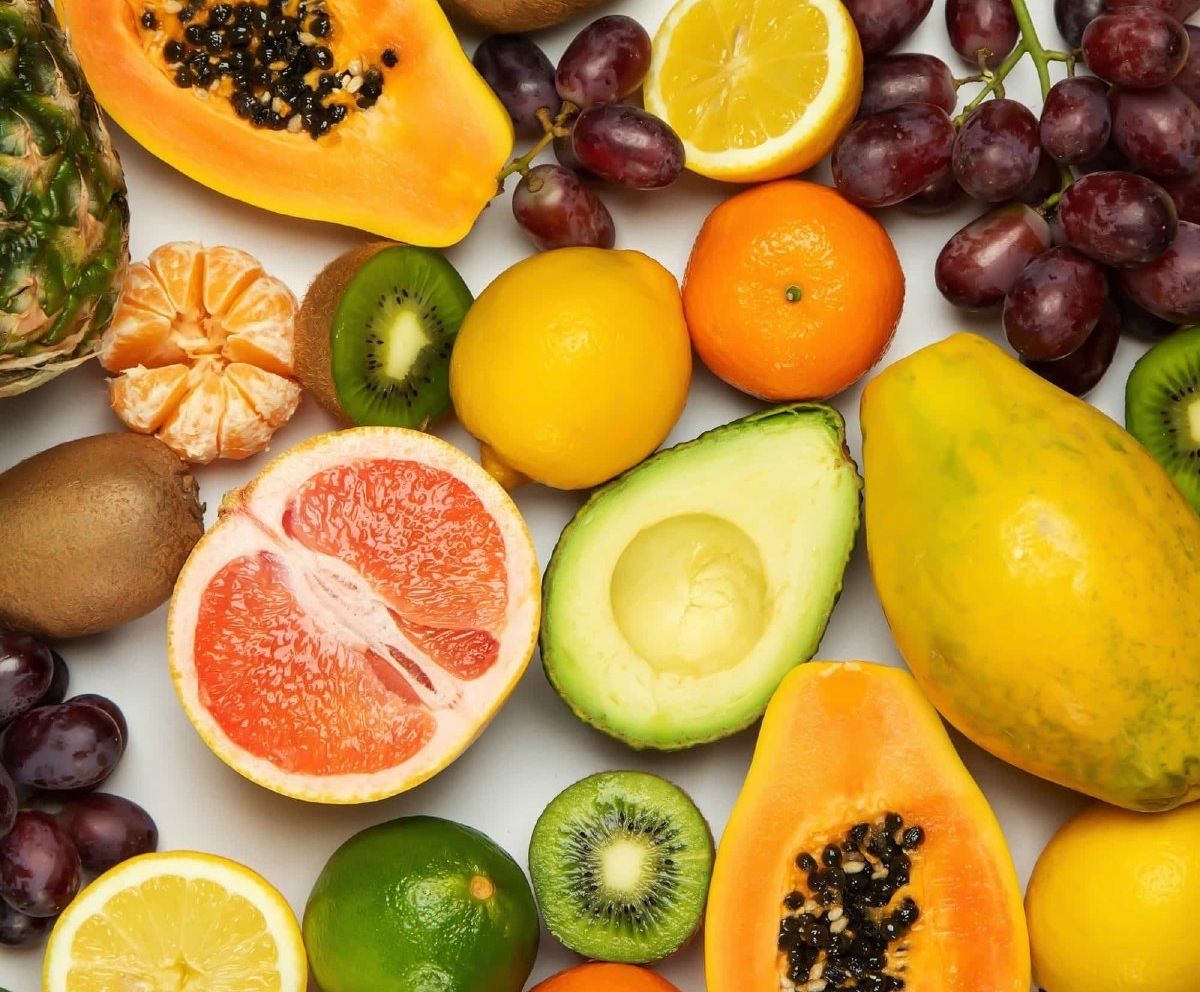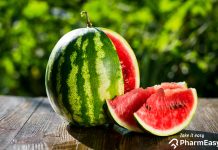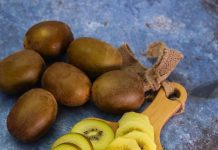The Power of High Protein Fruits: A Nutrient-Rich Guide
In the world of nutrition, protein is often associated with meat, dairy, and legumes. However, there’s a delightful twist to the story—high-protein fruits. These natural wonders are packed with essential nutrients, making them a valuable addition to your diet. In this guide, we’ll explore the world of high-protein fruits, uncover their nutritional secrets, and discover how they can elevate your health and well-being.
The Role of Protein in a Healthy Diet
Protein is the body’s building block, essential for growth, repair, and overall health. It plays a pivotal role in muscle development, immune function, and the production of enzymes and hormones. A balanced diet should include adequate protein sources, and high-protein fruits offer a delicious and plant-based option to meet your protein needs.

Top High Protein Fruits
Now, let’s dive into the juicy details—high-protein fruits that deserve a spot in your daily menu. These fruits not only satisfy your taste buds but also provide a healthy dose of protein. Here are some star performers in the world of high-protein fruits:
Guava:
Guava takes the lead with an impressive protein content of 4.2 grams per cup. It’s also a vitamin C powerhouse, contributing to your immune system’s strength.
Blackberries:
These tiny gems contain about 2 grams of protein per cup, along with fiber and antioxidants that support digestion and overall health.
Kiwifruit:
With approximately 2 grams of protein per cup, kiwifruit offers a tangy, sweet flavor and a generous dose of vitamin C, aiding in skin health and immunity.
Incorporating High-Protein Fruits into Your Diet
Now that we’ve introduced you to high-protein fruits, let’s explore creative and practical ways to make them a delightful part of your daily diet.
Fresh Fruit Salad:
Combine your favorite high-protein fruits like guava, blackberries, and kiwifruit into a refreshing fruit salad. Add a drizzle of honey or a sprinkle of chia seeds for extra flavor and nutrients.
Smoothie Bliss:
Whip up a high-protein fruit smoothie by blending guava, blackberries, or kiwifruit with Greek yogurt or plant-based yogurt for a creamy, protein-packed treat.
Top Your Cereal:
Upgrade your breakfast routine by adding sliced high-protein fruits as a topping for your cereal or oatmeal. It’s a wholesome way to kickstart your day.
Benefits of High Protein Fruits
Eating high-protein fruits isn’t just about satisfying your taste buds; it’s also about reaping the numerous health benefits they offer.
Muscle Building:
The protein content in these fruits supports muscle growth and repair, making them a valuable addition to fitness enthusiasts’ diets.
Weight Management:
High-protein fruits can help you feel full and satisfied, reducing the temptation to indulge in unhealthy snacks, and thus supporting weight management.
Enhanced Satiety:
Including high-protein fruits in your meals can promote a feeling of fullness, helping control overall calorie intake.
Potential Allergies or Intolerances
While high-protein fruits offer a wealth of nutritional benefits, it’s essential to be aware of potential allergies or intolerances that some individuals may experience. Here’s what you need to know:
Latex-Fruit Syndrome:
Some high-protein fruits, like kiwifruit, may trigger allergic reactions in individuals with latex allergies. This is known as latex-fruit syndrome and can result in symptoms such as itching, swelling, and hives. If you have a latex allergy, exercise caution when consuming kiwifruit.
Oral Allergy Syndrome:
Certain high-protein fruits, such as guava and kiwifruit, may also cause symptoms of oral allergy syndrome in individuals with pollen allergies. This can manifest as itching or tingling in the mouth, throat, or lips. Cooking or peeling these fruits can often reduce this reaction.
Individual Allergies:
Allergies to specific high-protein fruits can vary from person to person. If you suspect an allergy or experience any adverse reactions after consuming these fruits, consult with an allergist for proper evaluation and guidance.
High Protein Fruits for Specific Dietary Needs
High-protein fruits are incredibly versatile and can cater to various dietary needs. Here are some scenarios where they shine:
Vegetarian and Vegan Diets:
High-protein fruits are an excellent source of plant-based protein, making them a valuable addition to vegetarian and vegan diets. They help meet protein requirements while promoting a well-rounded, meat-free diet.
Weight Management:
If you’re aiming for weight management or weight loss, high-protein fruits can help you feel full and satisfied, reducing the urge to overeat.
Post-Workout Recovery:
After a strenuous workout, your body requires protein for muscle recovery and growth. Including high-protein fruits in your post-workout snacks or smoothies can support this process.
Natural Language Processing and Relevance
In crafting this article, we’ve prioritized natural language processing to ensure that the content is reader-friendly and engaging while maintaining a strong SEO presence. By incorporating relevant keywords seamlessly into the text, we aim to provide both valuable information and high search engine visibility.
FAQs
Q: Which fruits are considered high in protein?
A: Some high-protein fruits include guava, blackberries, kiwifruit, and apricots. They provide a healthy dose of protein along with other essential nutrients.
Q: How much protein do high-protein fruits typically contain?
A: The protein content in high-protein fruits varies, but they generally provide around 2 to 4 grams of protein per cup, making them a valuable part of a balanced diet.
Q: Are high-protein fruits suitable for vegetarians and vegans?
A: Yes, high-protein fruits are excellent for vegetarians and vegans as they offer plant-based protein sources to meet dietary needs.
Q: Can high-protein fruits help with weight management?
A: Yes, high-protein fruits can aid in weight management by promoting a feeling of fullness and reducing the temptation to overeat.
Q: Are there any potential allergic reactions to high-protein fruits?
A: Some individuals may experience allergies or sensitivities to certain high-protein fruits. Common allergens include latex and pollen-related reactions.
Q: How can I incorporate high-protein fruits into my daily diet?
A: You can enjoy high-protein fruits in various ways, such as in fruit salads, smoothies, cereal toppings, or healthy snacks.
Q: Do high-protein fruits offer benefits beyond protein content?
A: Absolutely, high protein fruits are rich in vitamins, minerals, antioxidants, and fiber, contributing to overall health and well-being.
Q: Can high-protein fruits be part of post-workout nutrition?
A: Yes, including high-protein fruits in post-workout snacks or smoothies can support muscle recovery and growth after exercise.
Q: What precautions should individuals with latex allergies take when consuming kiwifruit?
A: Individuals with latex allergies should exercise caution when consuming kiwifruit, as it may trigger allergic reactions. Peeling the fruit can reduce the risk.
Q: Are there specific dietary guidelines for incorporating high-protein fruits into vegetarian diets?
A: While there are no strict guidelines, including a variety of high-protein fruits in vegetarian diets can provide essential nutrients and enhance dietary diversity.
Conclusion:
As we conclude our journey through the world of high-protein fruits, it’s evident that these nutrient-rich wonders have a lot to offer. They not only tantalize your taste buds with their natural sweetness but also provide a substantial protein punch.
High-protein fruits, such as guava, blackberries, and kiwifruit, contribute to your daily protein intake while bringing a wealth of vitamins, minerals, and antioxidants to the table. Their versatility allows you to enjoy them in various forms, from fresh fruit salads to creamy smoothies and wholesome parfaits.




